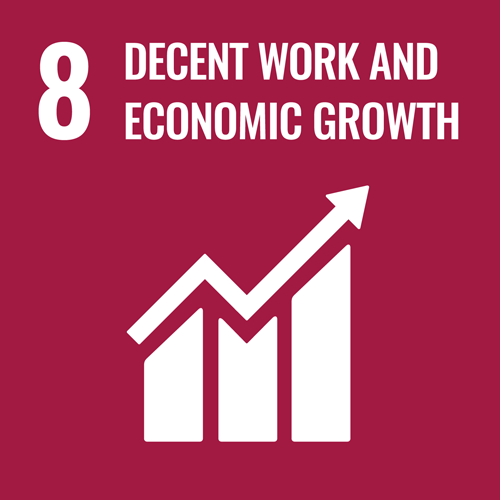Driverless cars are already driving demand for new digital skills as auto and tech companies scramble to prepare their workforces for the jobs of the future.
Indeed, advances in artificial intelligence (AI) have encouraged companies like Amazon, Apple, Audi, Daimler, Tesla, Uber, Ford and Toyota to invest billions of dollars in autonomous vehicles.
But do companies have the right skills and talent to take advantage of the boom?
Some companies are partnering with online learning platforms to ensure their employees have the needed skills to lead the way into the future.
Highlighting this trend, Udacity, a global online learning company, recently told ITU News that their course in self-driving car engineering is their No. 1 offering, even though it’s a job that didn’t exist five years ago.
Last week, Udacity announced a partnership with Infosys — a global leader in consulting, technology and next-generation services with headquarters in Bangalore, India — to train the top Infosys engineers in autonomous vehicle development.
RELATED: The future workforce: do you have the skills to survive?
“In this time of unprecedented technological discovery and advancement, modern companies must embrace digital transformation or risk being left behind,” the President of Infosys, Ravi Kumar S., told ITU News. “This requires significant investments in both technology and education. The global economy is in a new knowledge-driven age where education is key to survival.”
A different kind of course
“The program, known as Udacity Connect, a combined in-person and online training offering, will prepare the Infosys engineers to lead global projects in the area of automation,” Ishan Gupta, Managing Director of Udacity India, told ITU News.
The first employees to follow this program will be selected through a global hackathon. 500 Infosys engineers will be trained on a range of technologies that are required to build self-driving vehicles. It is an extensive, 20 -week curriculum that includes in-person review and mentorship. Engineers taking the course will spend two terms in Mysore, India, a few hours away from Infosys headquarters.
“Across India, companies from the IT sector to e-commerce to manufacturing realize that they cannot go out and hire all the new talent they need. They are reaching out to us for courses in areas of artificial intelligence and deep learning to reskill their existing workforce.” — Ishan Gupta, Udacity
The engineers will acquire the needed skills to develop autonomous cars — including an understanding of deep learning, for example, which allows cars to ‘learn’ from mistakes, and an expertise in lidar, which enables vehicles to ‘perceive’ their surroundings. They will also follow courses in physics, calculus, and statistics.
“Infosys engineeers’ new skills will be useful for carmakers but also for transportation companies, supply chain and logistics services, as well as the mining and agriculture industries, since autonomous vehicles impact all of these industries,” the President of Infosys, Ravi Kumar S., told ITU News.
RELATED: Singapore’s lab on wheels makes tech fun
Opportunities for the workforce, companies, and emerging economies
For both Ravi Kumar S. and Ishan Gupta, it is likely that artificial intelligence will further spur development in emerging economies like India’s.
Ishan Gupta explained why there is reason for optimism: “Artificial intelligence will only increase productivity, reduce repetitive jobs, and create scalability. I don’t see risks. Jobs will vanish, but new jobs will emerge”.
Ravi Kumar S. noted that artificial intelligence will help the economy by improving the operational efficiency of applications such as unmanned surveillance and monitoring, hazardous environmental handling, intelligent navigation and remote monitoring.
But both cautioned that people and corporations need to adapt to the times.
Ishan Gupta observed that that many companies are already embracing this change.
“Across India companies from the IT sector to e-commerce to manufacturing, realize that they cannot go out and hire all the new talent they need,” said Gupta. “They are reaching out to us for courses in areas of artificial intelligence and deep learning to reskill their existing workforce. We already have clients like Mercedes and Tech Mahindra in India that are taking courses from us.”
He added, “Technology is evolving fast and for companies to stay relevant, tomorrow, they have to invest in upskilling their employees, today”.
RELATED: ILO and ITU launch global campaign to train 5 million youths
Both industry leaders expressed enthusiasm about developing skills and creating new opportunities for people.
“I’m proud of what Infosys is doing to embrace new technologies and provide lifelong learning for employees,” said Ravi Kumar S.
Ishan Gupta added: “I understand that ITU has been leading a global campaign to train youths to become digitally ready for the next wave of jobs. Udacity has hundreds of courses related to this. We would be more than happy to be part of ITU’s work in whatever way we can contribute to develop digital skills.”













